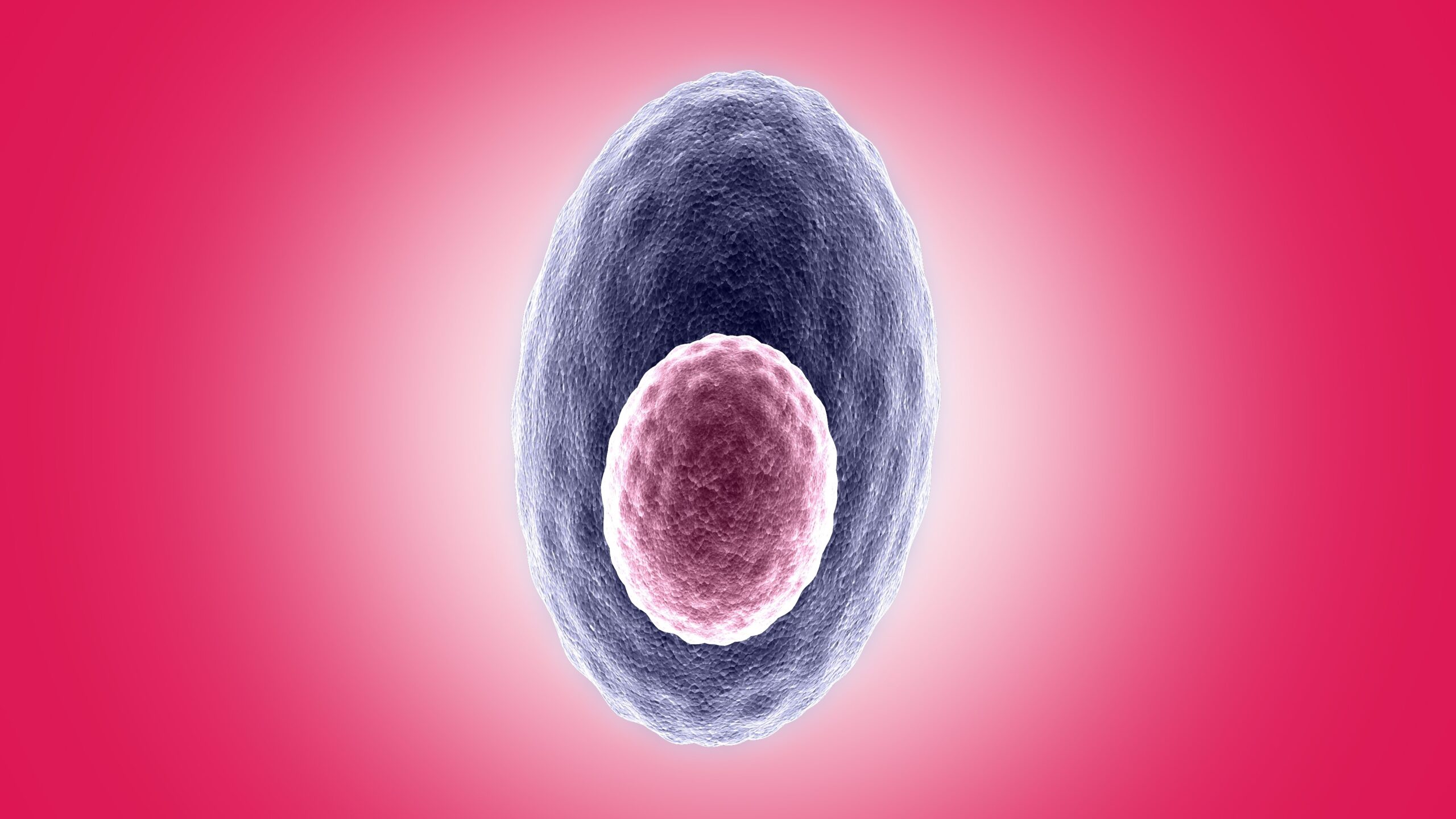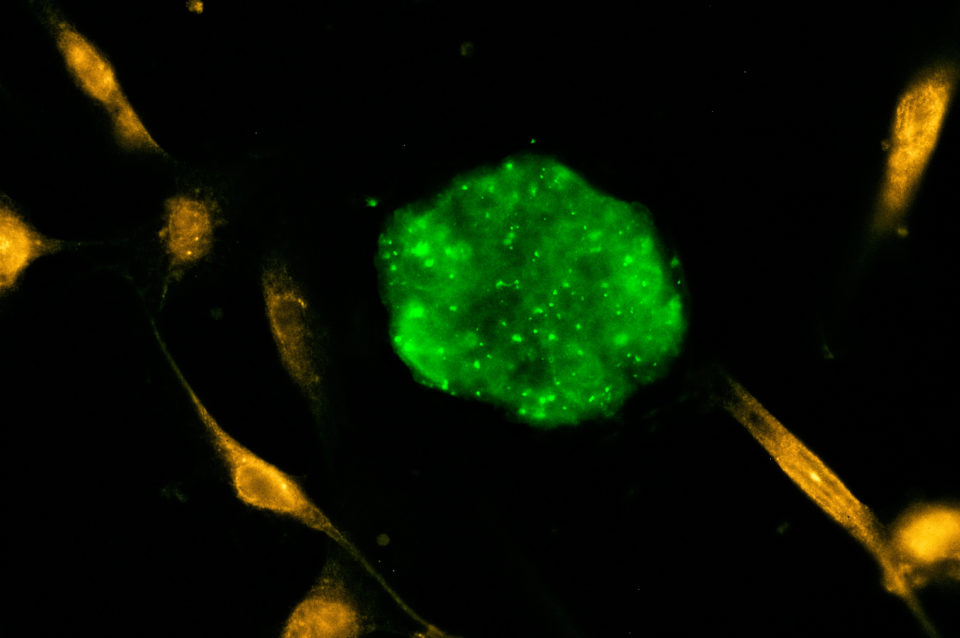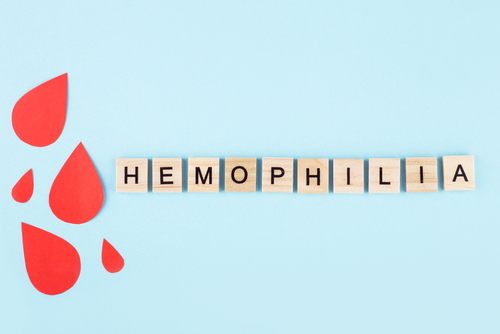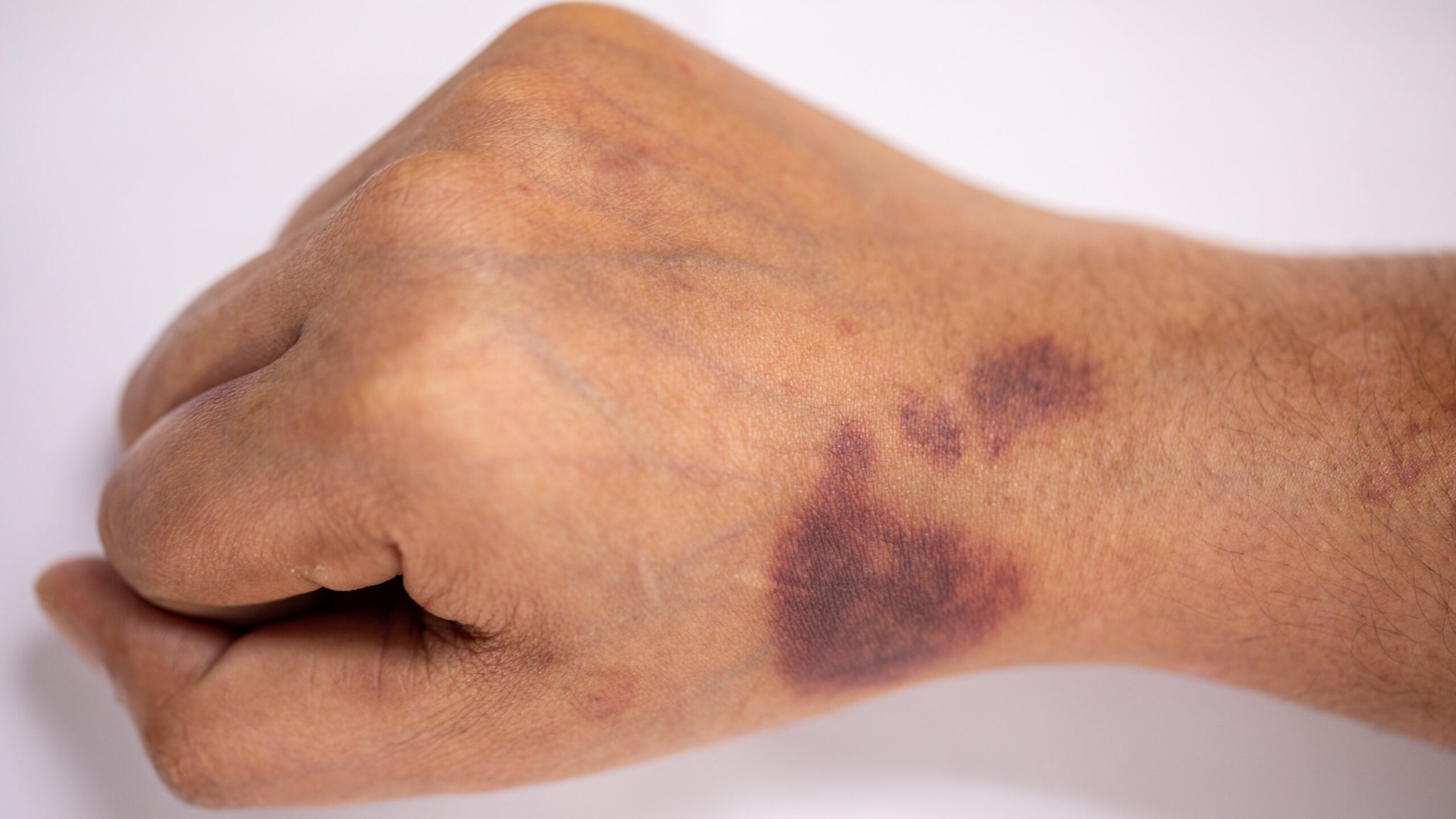
Health Canada, a department of the Government of Canada, approved fidanacogene elaparvovec, an adeno-associated viral (AAV) vector-based gene therapy for adult patients with moderate to severe hemophilia B without inhibitory antibodies against variant AAV serotype Rh74, according to Pfizer Canada ULC, the manufacturer of the drug.
According to the World Federation of Hemophilia, in 2021, more than 38,000 patients worldwide were living with hemophilia B, also called congenital factor IX (FIX) deficiency or Christmas disease, including 700 individuals in Canada.
The approval was informed by findings from the open-label, single-arm phase III BENEGENE-2 trial. The study compared annualized bleeding rate outcomes between treatment with fidanacogene elaparvovec or standard factor IX prophylaxis replacement among 45 patients with hemophilia B aged from 18 to 65. Notably, standard replacement therapies require repeated intravenous infusions of FIX to prevent major bleeding events.
“This new treatment shows potential in reducing the burden of frequent infusions by providing, with a single infusion, a persistent liver production of FIX, which could help improve the life of those affected,” said Alfonso Iorio, MD, the Professor and Chair of Health Research Methods, Evidence, and Impact at McMaster University in Canada.
“We are proud to introduce an innovative therapy for people living with hemophilia B in the form of gene therapy,” stated Frédéric Lavoie, Lead of the Specialty Business Unit at Pfizer Canada ULC.







 © 2025 Mashup Media, LLC, a Formedics Property. All Rights Reserved.
© 2025 Mashup Media, LLC, a Formedics Property. All Rights Reserved.